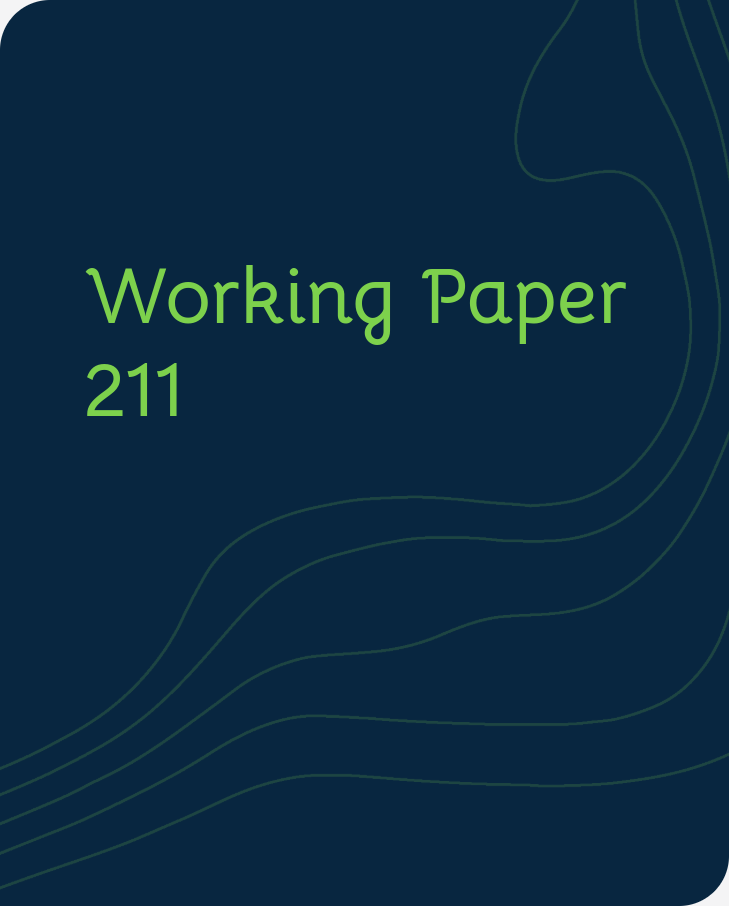Publication
Transition Report
Reform progress and transition indicators
Who we are
Overview: about the EBRDWho we are
Overview: about the EBRD
Learn about the EBRD's journey to investing more than €220 billion in over 7,800 projects.
What we do
Overview: how the EBRD operatesWhat we do
Overview: how the EBRD operates
Across three continents, the EBRD supports the transition to successful market economies.
Work with us
Overview: how you can work with the EBRDWork with us
Overview: how you can work with the EBRD
We draw on three decades of regional knowledge and financial expertise to tailor our products and approaches to each client's needs.
April, 2018

By Jong-Wha Lee
Emerging economies have an increasing influence on the global economy and there is general optimism regarding their prospects. However, given a sustained income gap between emerging and advanced economies, there is concern that many emerging economies will never match the advanced economies in terms of their per capita income, and will be trapped in a middle-income status. Thus, the approach to sustaining economic growth is an important policy challenge. This paper investigates what those sources of sustained long-term growth are, focusing on the experiences of middle-income emerging economies over the past half century.
For media enquiries related to this working paper, please contact Ksenia Yakustidi, Media Adviser at the EBRD’s Office of the Chief Economist
YakustiK@ebrd.com
All Working Papers
The Working Paper series seeks to stimulate debate on transition in the EBRD regions.
